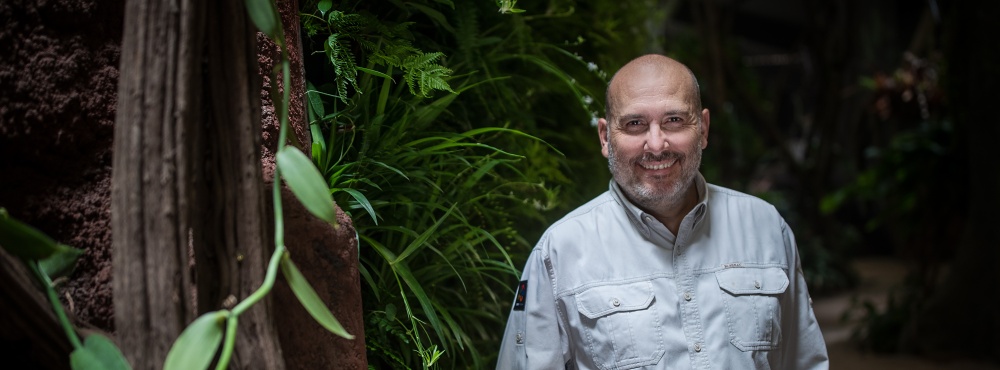The third Saturday in February: World Pangolin Day

World Pangolin Day is always commemorated on the third Saturday in February. Recently, it has finally entered the consciousness, if not of the public, then at least of those interested in nature and its conservation. Its aim is to draw attention to these mammals’ uniqueness and the threat they face from illegal hunting and trade.
 Photo: Miroslav Bobek, Prague Zoo
Photo: Miroslav Bobek, Prague Zoo
The photo is an example of what is daily practice. I hope it acts as an illustration for this text. I took it on Wednesday morning at Nkoabang market in Yaoundé, Cameroon. Besides brush-tailed porcupines and other animals the two market stalls had twelve pangolins. Twelve!
These are the only mammals to have scales. When threatened, they curl up into a ball (and thus remain completely defenceless against humans). In Africa they are hunted mainly for meat. In Asia, their scales are in great demand and are used in traditional Chinese medicine. Therefore, large quantities of scales are also smuggled from Africa to Asia.
Yes, I know I’m repeating myself. I’ve written all about this many times, always accompanied by numbers and some interesting facts. I have also taken many photos of dead and slowly dying pangolins. But I still feel the need to repeat it because the situation is not getting better.
Here in Cameroon, we’re trying to contribute to pangolin conservation, both by supporting the rangers of the protected areas and through our awareness-raising project, the Wandering Bus. Moreover, we are also working on their behalf in Southeast Asia, where we have already funded or co-financed the construction of two pangolin rescue stations.
For that matter, the planned arrival of pangolins to our zoo is also motivated by the desire to draw attention to their uniqueness and the urgent need to protect them. The pair from Taipei Zoo should arrive in about four weeks.
But I must admit that, while World Pangolin Days should bring hope for these extraordinary creatures, I don’t feel too hopeful. It’s not just the ever-vivid experience from the Nkoabang market. Above all, all these years I see that progress in their conservation is still too slow and that many of those who should be acting the most are not doing enough.
ZOOPRAHA.CZ
Contacts
- The Prague zoological garden
U Trojskeho zamku 120/3
171 00 Praha 7
Phone.: (+420) 296 112 230 (public relations department)
e-mail: zoopraha@zoopraha.cz
Others








